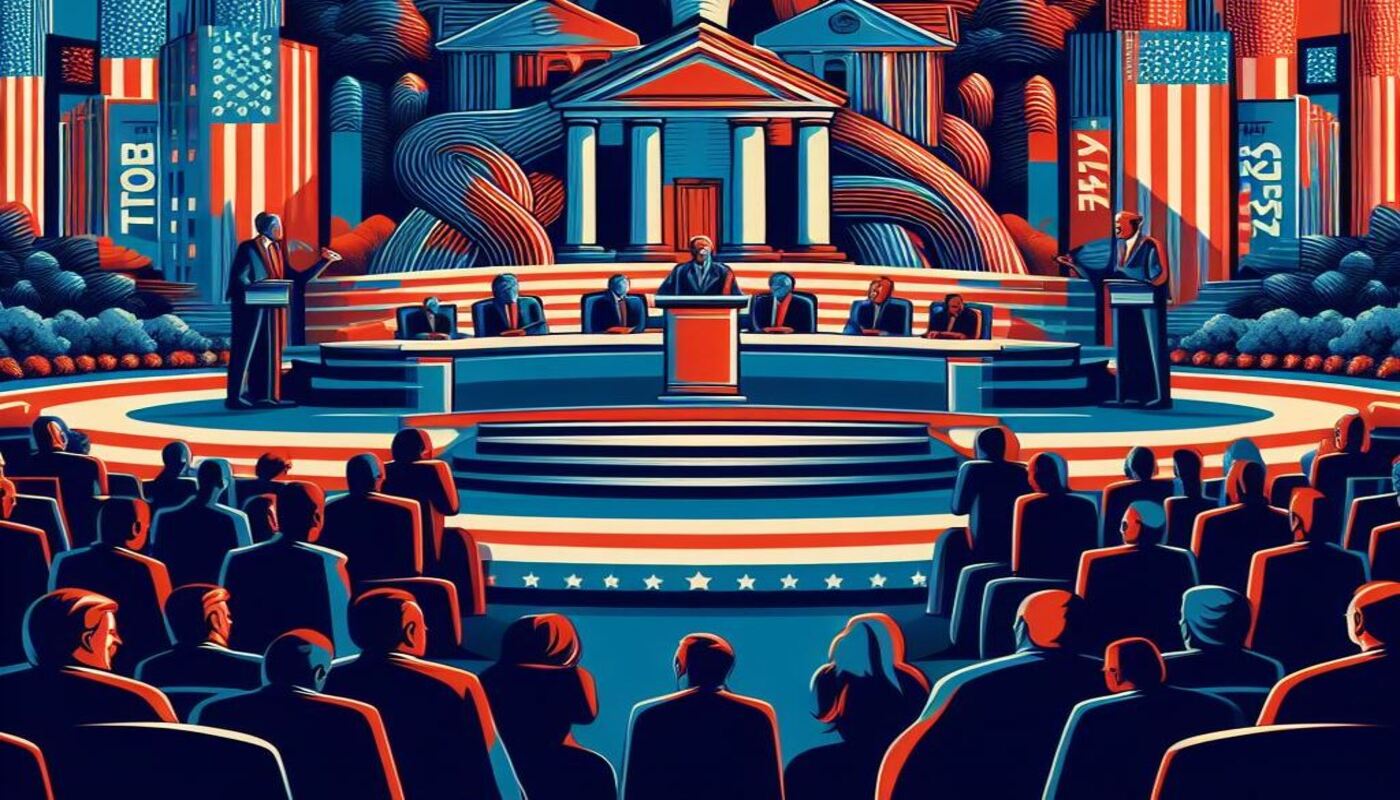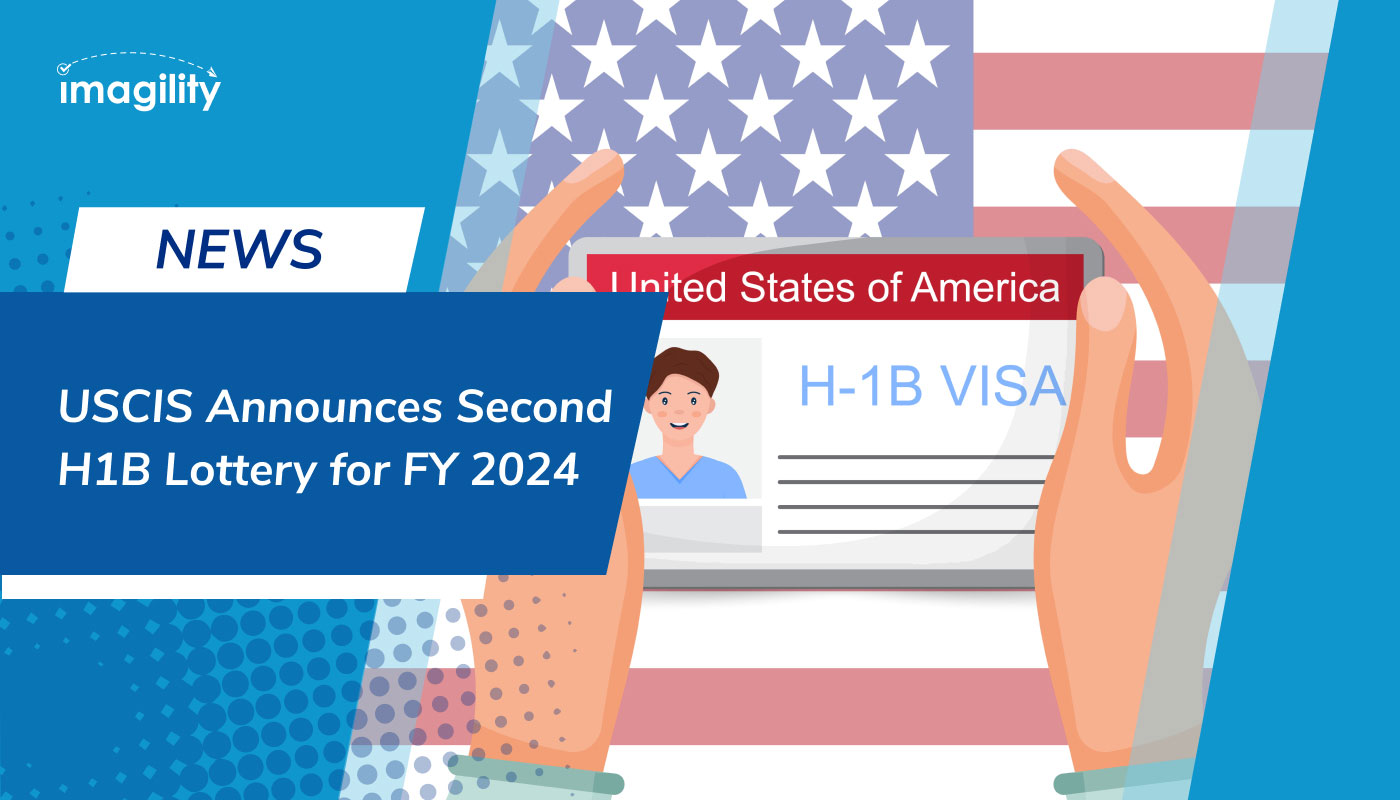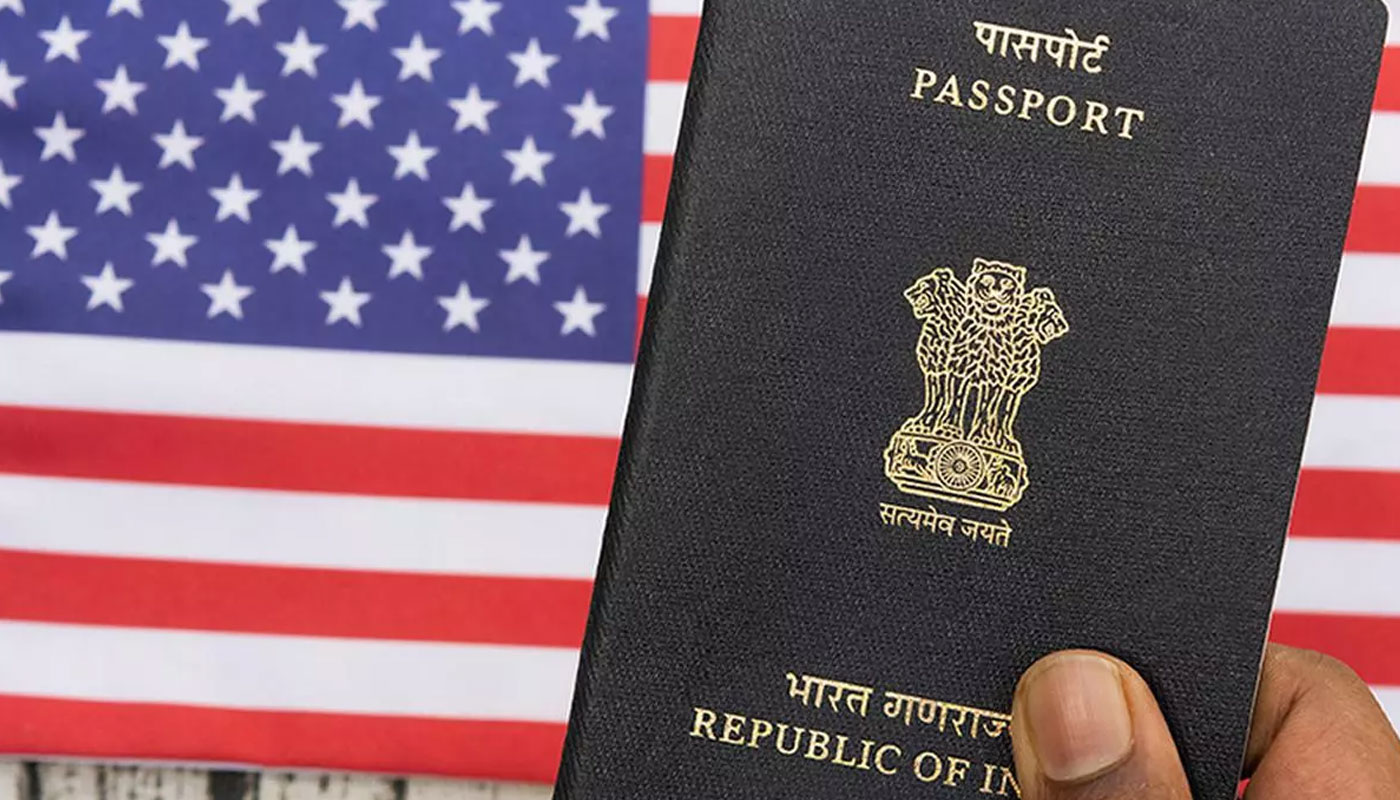The Bipartisan Policy Center, a think tank based in Washington, D.C., has released a comprehensive report titled ‘Green light to growth: Estimating the economic benefits of clearing green card backlogs.’ This report delves into the economic prospects of eliminating green card backlogs in the United States, focusing on both employment and family-based categories. The study projects that addressing the current backlog, affecting approximately 7.6 million individuals could result in staggering GDP gains of $3.9 trillion over the next decade. Failure to address these backlogs poses a significant risk, potentially causing the loss of trillions in the U.S. economy.
Interestingly, this issue aligns with President Biden’s recent Executive Order on Artificial Intelligence, which emphasized the need to streamline the immigration process for individuals possessing expertise in this field.
Currently, the annual issuance of green cards is capped at 675,000, with family-based limits set at 480,000, employment-based at 140,000, and diversity visas at 55,000. Moreover, no more than 7% of these limits can be allocated to individuals from a single country.
The report sheds light on the plight of millions trapped in green card backlogs, enduring prolonged waits for lawful permanent resident status. Tragically, some may pass away before receiving their approved green cards. The report highlights the disproportionate impact on Indians, especially in the employment-based categories, with approximately 1.07 million individuals facing a backlog that would take 134 years to process. The risk of family separation and the potential loss of 220,000 lives before obtaining a green card underscores the urgency of addressing these backlogs.
Jack Malde, BPC’s senior policy analyst, emphasizes the report’s findings, emphasizing the substantial human and economic costs associated with these backlogs. The prolonged wait for green cards occurs amid workforce shortages, particularly in critical fields like healthcare, where positions remain unfilled. Malde suggests that increasing green card limits and allocating additional resources to visa processing would not only address these gaps but also bolster the U.S. economy, enhance international competitiveness, and strengthen national security.
Source: MSN


















